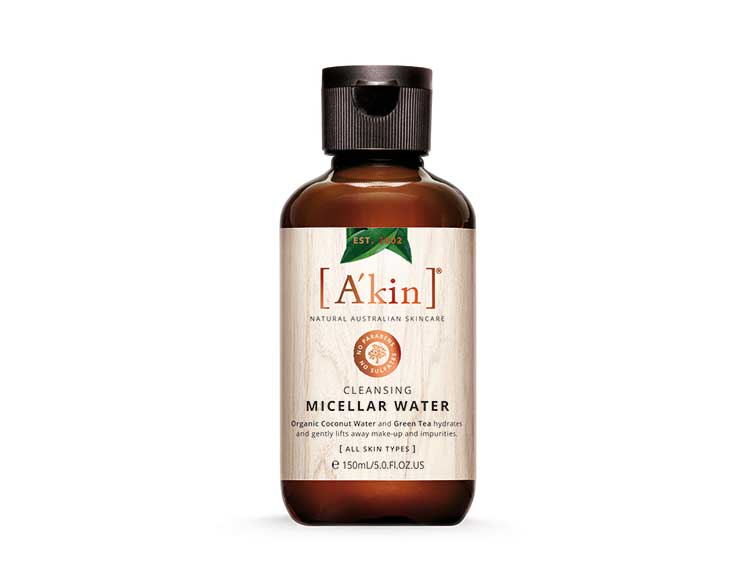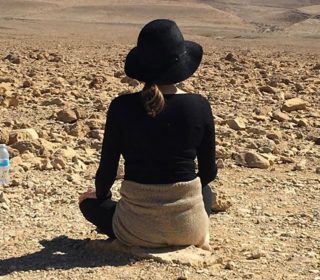Making waves with micellar water
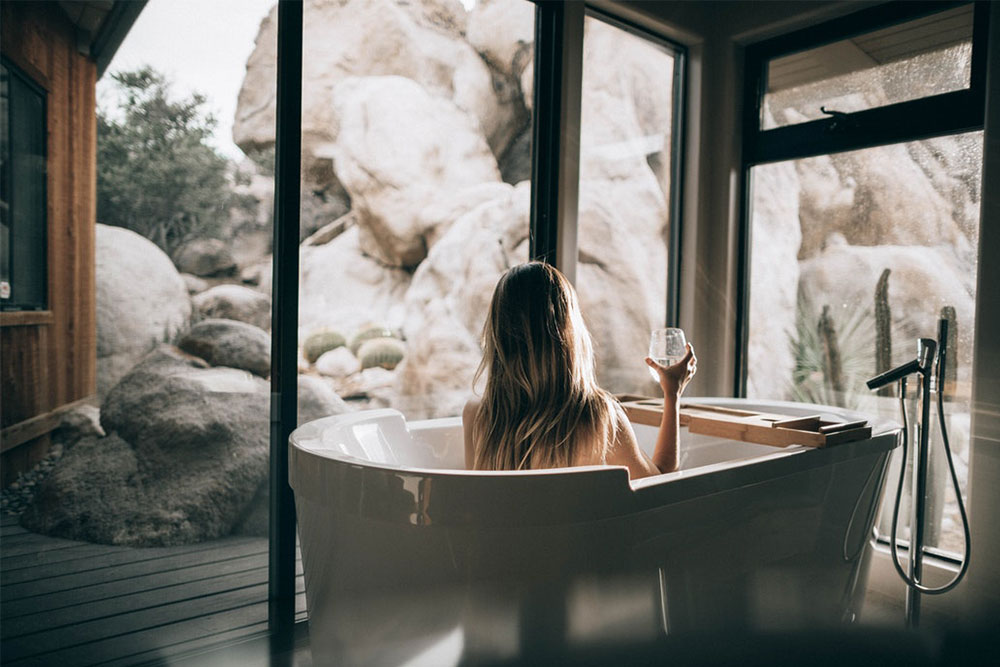
Cleansing waters are a beauty phenomenon for good reason. In the dark old days, removing make-up, especially around the eyes, could be mild torture. The arrival of French no-rinse micellar water was revolutionary: a single wad of soaked cotton wool and eyes were gently free of your products, eyelashes intact.
Micellar technology came into common use in the 1980s, with the French beauty brands well ahead of the curve. The reason it’s so effective is down to the colloidal ions, known as micelles. “Micelles work like a magnet,” explains Knightsbridge-based facialist Lisa Franklin, whose own micellar water contains Vitamin C-rich Kakadu plum and lime extracts, manganese and copper. “The tail end is attracted to oil, while the head is attracted to liquid. The tails can pick up grease and grime and pull it away from the skin surface.”
An excellent make-up remover and all-round cleanser, micellar water can sub fora forgotten face wash when time pressed, but no skincare expert would recommend foregoing a deep cleanser for it on a regular basis.
Corinne Koolman, resident expert for skincare brand Philosophy, is realistic. “When time is on your side we recommend a double cleanse, starting with a micellar water and finishing with 3-in-1 cleanser. When it’s not, no-rinse Purity micellar water lifts impurities in one sweep.”
WATER (H)2.0
Sanoflore’s cornflower scented, antipollution micellar water is ECOCERT certified, while Aussie brand A’kin uses organic coconut water and green tea in its formula. Meanwhile, l’Offi cine Universelle Buly, boasts two unscented cleansing waters (one for dry skin, one for oily-combination). As co-creative director Victoire de Taillac, explains, “Our skin contains natural ions, so it recognises those provided by the lotion, which helps the skin to protect and renew itself.”
One last thing, however you choose to cleanse your skin, consider ditching cottonwool. Cotton is a thirsty, pesticide heavy crop, so switching to reusable cotton or bamboo pads will also save you money – and maybe a bit of the planet, too.
Sanofl ore Aciana Botanica Anti-Pollution Micellar Water, £17 for 200ml
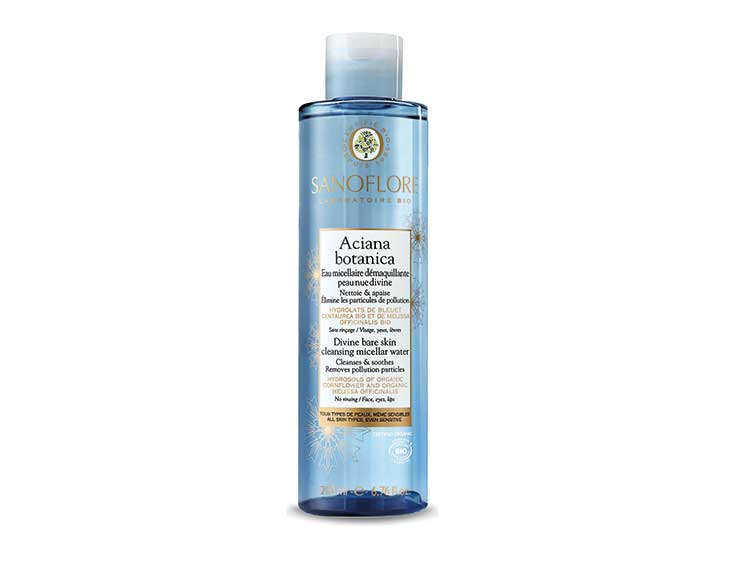
L’Offcine Universelle Buly True Ionized Cleansing Water, £39 for 200ml, Available in Selfridges nationwide
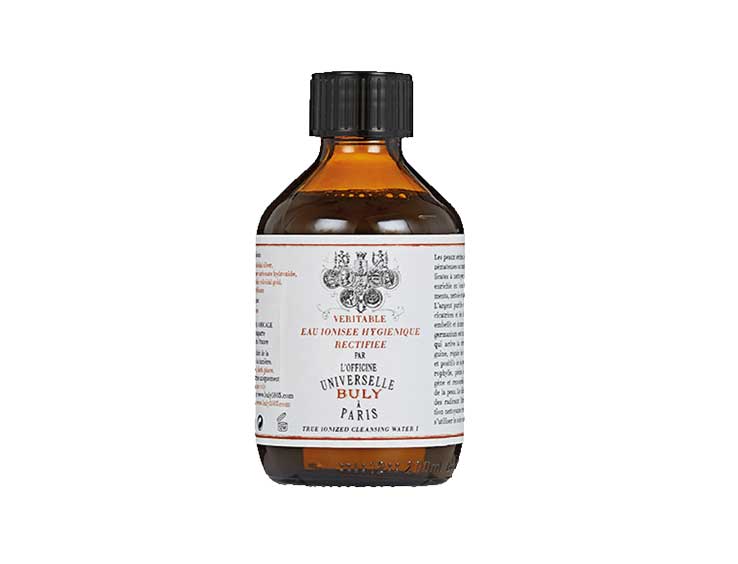
Lisa Franklin Pro-Effect Micellar Water, £29 for 100ml
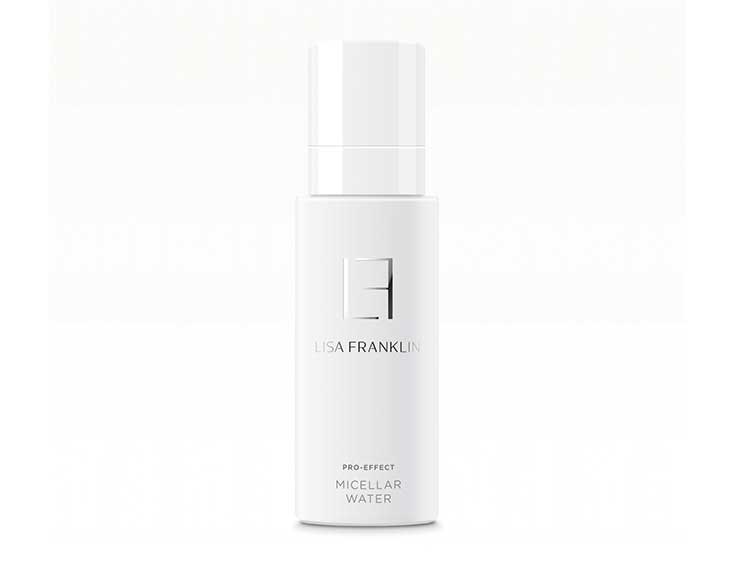
Philosophy Purity Micellar Cleansing Water, £17.50 for 200ml
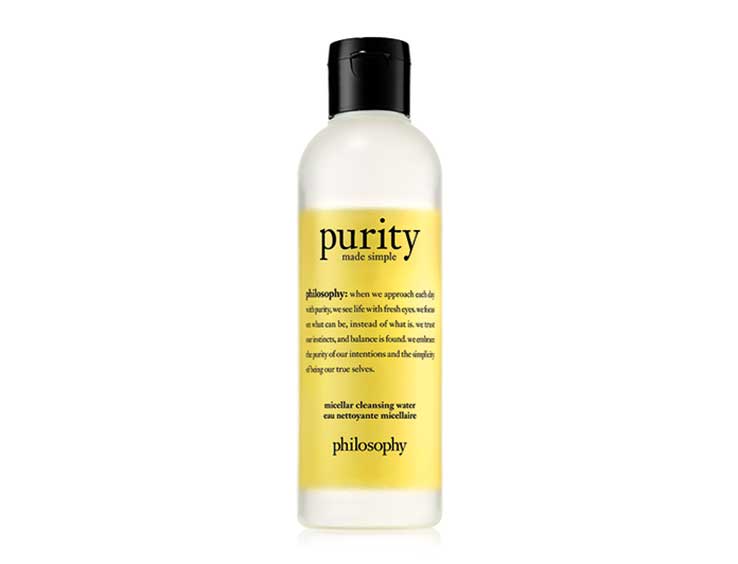
A’kin Cleansing Micellar Water, £25 for 500ml
